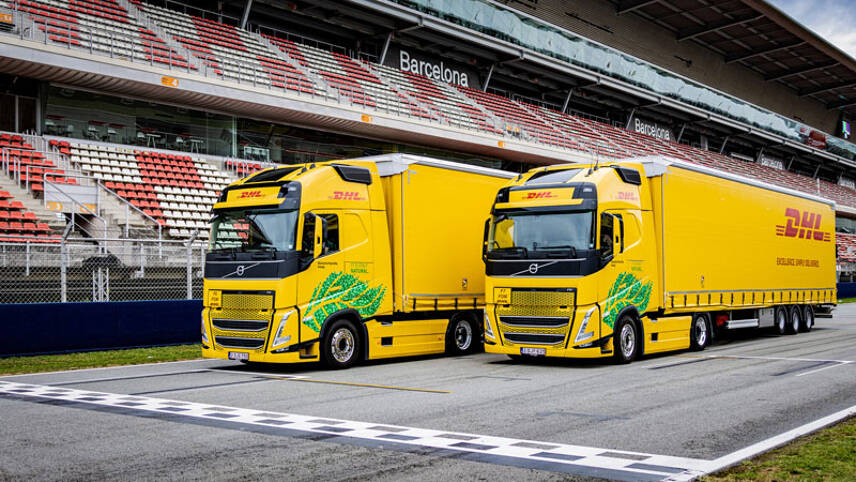Register for free and continue reading
Join our growing army of changemakers and get unlimited access to our premium content

Biomethane, a renewable gas with carbon-neutral potential, will serve as the primary fuel source for 150 trucks at the new facility.
The biomethane production site will be managed by Stream BioEnergy and will process 90,000 tonnes of industry and consumer food waste annually, diverting it from landfills.
This is expected to result in an annual reduction of 15,000 tonnes in carbon emissions, equivalent to more than 38 million miles driven by an average passenger vehicle running on petrol.
To support the initial vehicle rollout and during the production ramp-up, DHL will subsidise biomethane from other sources.
Once the new facility is fully operational, DHL will operate 92 locally fuelled biomethane trucks throughout Tesco’s nationwide network.
DHL Supply Chain Ireland’s managing director Ciaran Foley said: “We are extremely proud to be enhancing renewable energy production here in Ireland and our collaboration with Tesco marks a significant step in our shared journey towards achieving net-zero emissions.
“Our customers’ transport networks are a vital focus area when looking at how they can achieve their overall sustainability goals so by making alternative fuels a reality we can really prove our value as a strategic partner.”
Biomethane deployment at scale requires no upgrades to Ireland’s existing gas grid, making it a flexible and cost-effective means of decarbonising commercial road transport, according to the company.
Tesco Ireland’s retail and distribution director Ian Logan said: “DHL’s credentials in leveraging renewable transport solutions are complimented by our own strong commitment to embracing sustainable practices and driving down our emissions.
“We are both committed to promoting collective environmental objectives; and to advance our ambition to achieve net-zero in our value chain by 2050, and indeed in our own operations by 2035.”
DHL has plans to extend its decarbonisation efforts to other sectors, including consumer, technology, aviation, life sciences, and healthcare.


The hope is that source segregated food waste in the UK will enable more biomethane to be produced and used in HGV’s. This will provide a better lifecycle carbon reduction solution than electric HGV’s. Other HGV fleet operators should be joining DHL and other operators who already run some or all of their fleet on biomethane, thanks to CNG Services, Gasrec and others.